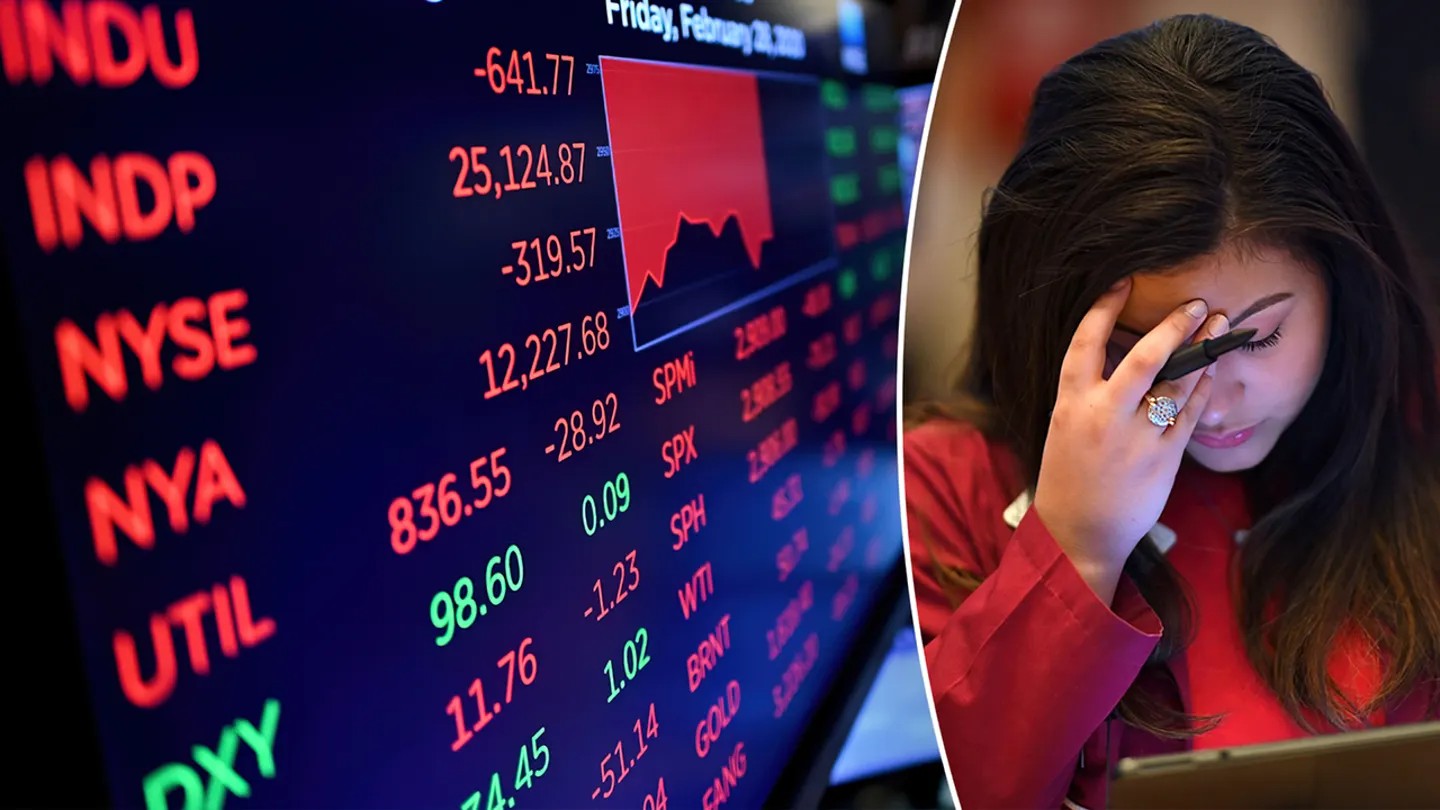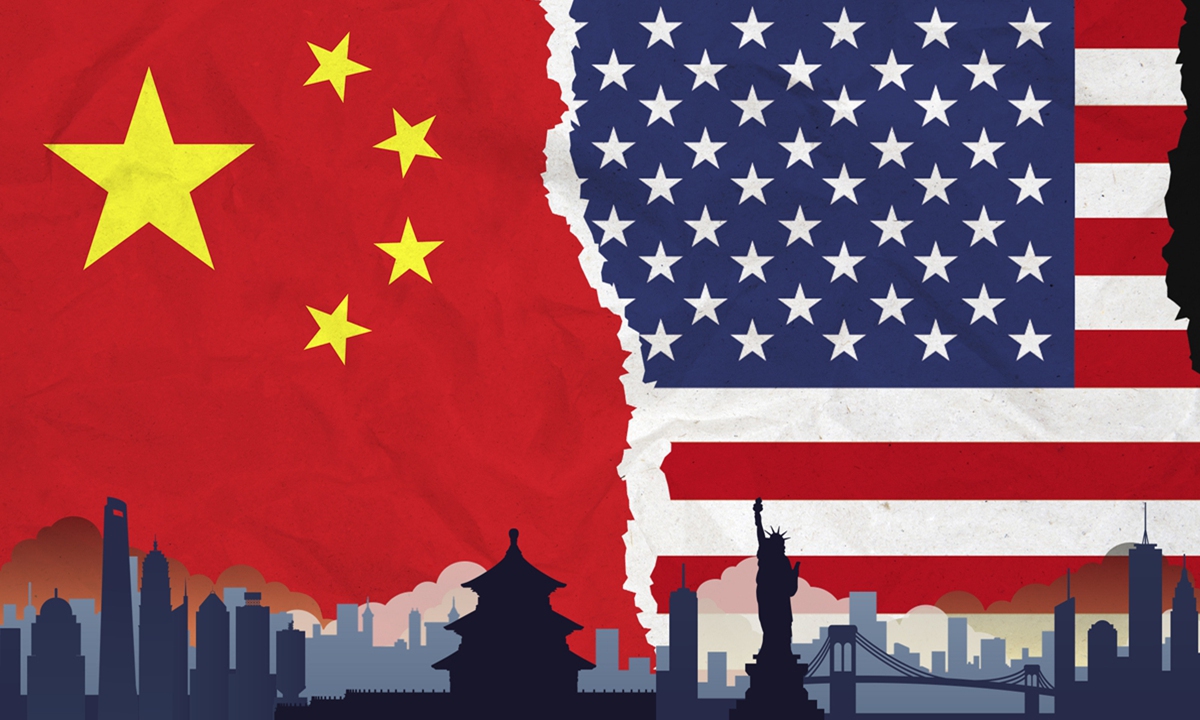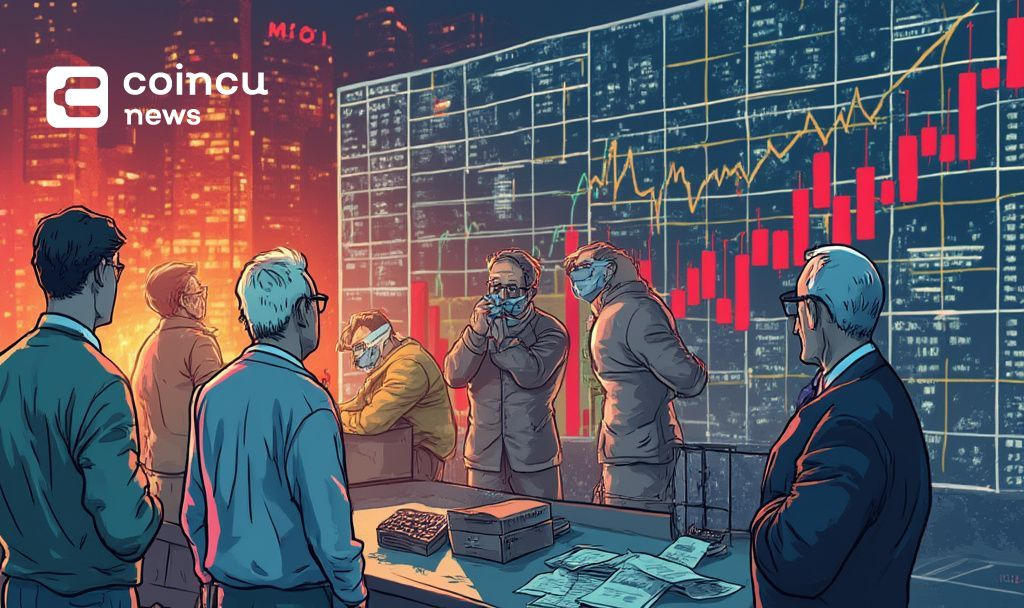US Stock Market Could Plunge 50% After Tariffs Resume

The US stock market experienced a major crash in early April after Trump announced tariffs on 185 countries. Dow Jones and Nasdaq plunged close to 2,000 points after Liberation Day wiping $2.85 trillion worth of wealth. The heat of the market crash reached the White House and President Trump announced a 90-day pause on tariffs. The markets recovered after the tariff pause making leading stocks briefly surge in value.
Also Read: De-dollarization: Goldman Sachs Predicts Grim Future for U.S. Dollar
50% Crash In the US Stock Market Possible, Says Analyst

Leading economist and financial author Harry Dent said there’s no need to cheer about the recent recovery. He warned investors that taking an entry position now, believing that the storm has weathered, will only bring doom. The analyst predicted that the US stock market could crash another 30% to 50% once tariffs resume in July.
Also Read: Amazon Set to Accept $XRP Payments—Ripple Price Predicted to Reach $2.10 by April 2025
“This first crash takes us down into the summer 50% from the top on the NASDAQ and QQQ NASDAQ 100 and 40% on the S&P 500,” said Dent in a recent interview with David Lin. “It makes sense to sit through most (US stock market) corrections. This is not one of them, and we’ve got a bounce here where you can get out and at least be cautious in the summer. But, corrections and crashes like this tend to take at least two years and more like three years to play out, like 1929 to 1932, 2000 to 2002, the first tech bubble.”
Also Read: Here’s How Much $2,000 in Solana at Its All-Time Low Is Worth Today
He added that recessions are a healthy way of cleaning the US stock market to pave the way for the next bull run. Dent cautioned that entering a stock before bottoming out could be disastrous. “The economy has to have recessions to clean things out, and we haven’t had one. I don’t count COVID, it was a few weeks, it was a minor thing, it was artificial. We haven’t had a recession to do this in 16 years, the longest time in history,” he summed it up.
Read More

China Gains Ground as Trump Turns 15 Allies Against U.S. Trade Deals
US Stock Market Could Plunge 50% After Tariffs Resume

The US stock market experienced a major crash in early April after Trump announced tariffs on 185 countries. Dow Jones and Nasdaq plunged close to 2,000 points after Liberation Day wiping $2.85 trillion worth of wealth. The heat of the market crash reached the White House and President Trump announced a 90-day pause on tariffs. The markets recovered after the tariff pause making leading stocks briefly surge in value.
Also Read: De-dollarization: Goldman Sachs Predicts Grim Future for U.S. Dollar
50% Crash In the US Stock Market Possible, Says Analyst

Leading economist and financial author Harry Dent said there’s no need to cheer about the recent recovery. He warned investors that taking an entry position now, believing that the storm has weathered, will only bring doom. The analyst predicted that the US stock market could crash another 30% to 50% once tariffs resume in July.
Also Read: Amazon Set to Accept $XRP Payments—Ripple Price Predicted to Reach $2.10 by April 2025
“This first crash takes us down into the summer 50% from the top on the NASDAQ and QQQ NASDAQ 100 and 40% on the S&P 500,” said Dent in a recent interview with David Lin. “It makes sense to sit through most (US stock market) corrections. This is not one of them, and we’ve got a bounce here where you can get out and at least be cautious in the summer. But, corrections and crashes like this tend to take at least two years and more like three years to play out, like 1929 to 1932, 2000 to 2002, the first tech bubble.”
Also Read: Here’s How Much $2,000 in Solana at Its All-Time Low Is Worth Today
He added that recessions are a healthy way of cleaning the US stock market to pave the way for the next bull run. Dent cautioned that entering a stock before bottoming out could be disastrous. “The economy has to have recessions to clean things out, and we haven’t had one. I don’t count COVID, it was a few weeks, it was a minor thing, it was artificial. We haven’t had a recession to do this in 16 years, the longest time in history,” he summed it up.
Read More

